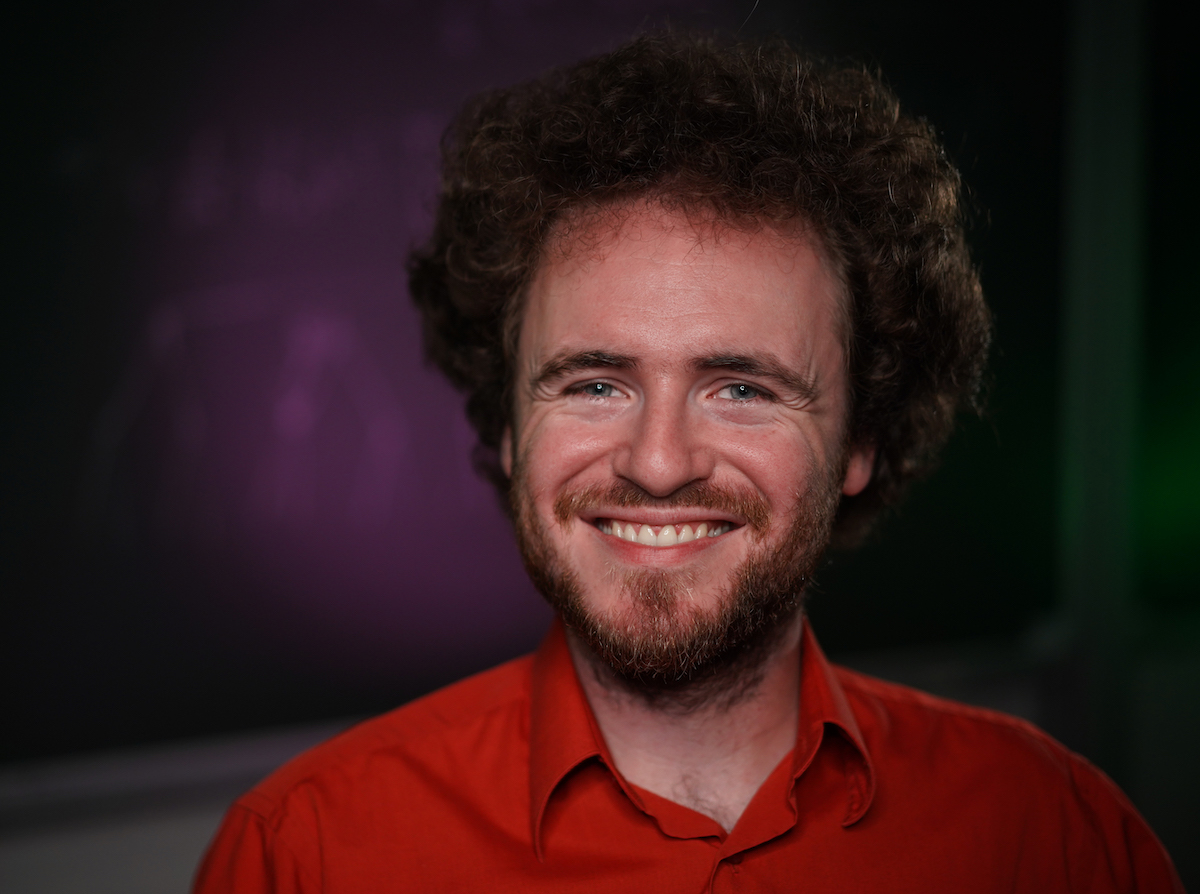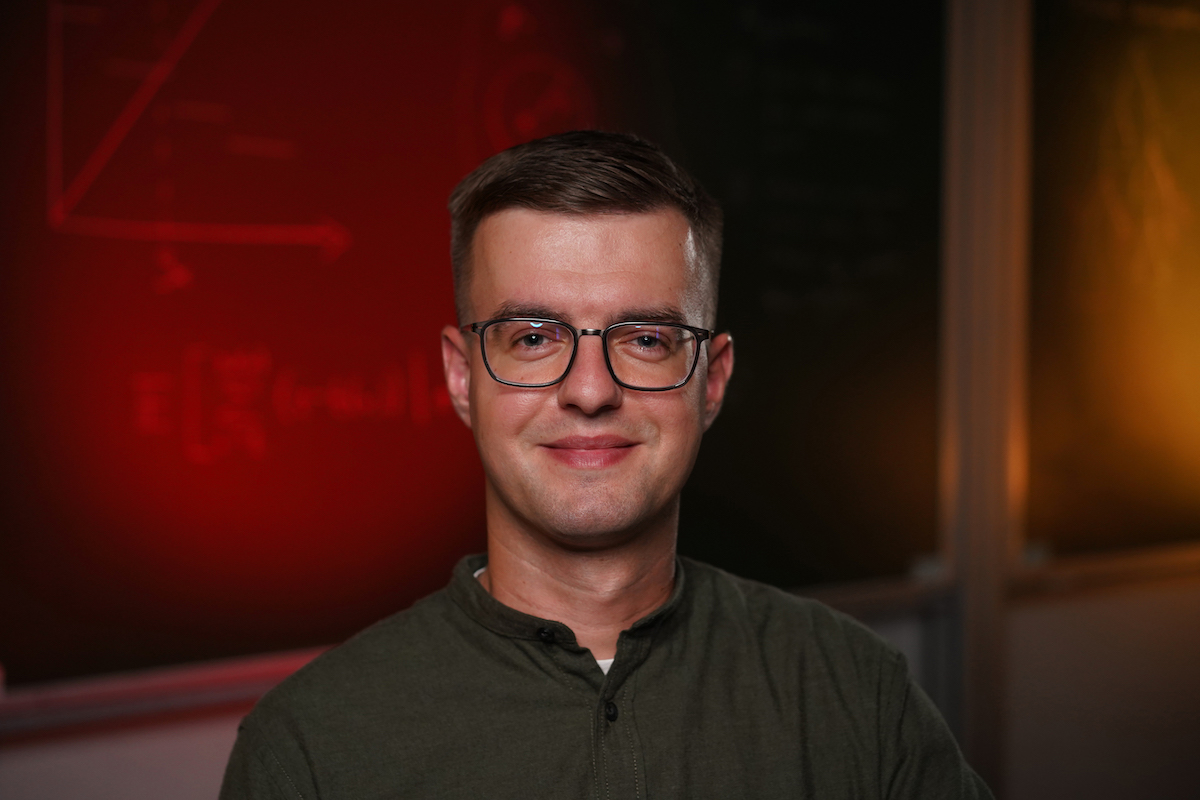We announce
POSTDOCTORAL POSITIONS IN MACHINE LEARNING
at the Institute of Informatics, University of Warsaw, Poland.
The positions are supported by the ERC Consolidator Grant TUgbOAT: “Towards Unification of Algorithmic Tools” led by Piotr Sankowski.
The TUgbOAT’ focus is on basic algorithmic problems. Example topics include:
* algorithms for finding matchings in graphs;
* online algorithms in various settings;
* studying and algorithmically exploiting properties of data.
The theoretical computer science group in Warsaw is strong and growing. Apart from the algorithms group members specializing in parameterized, approximation and graph algorithms (Łukasz Kowalik, Marcin Mucha, Marcin Pilipczuk, Michał Pilipczuk, Piotr Sankowski), we have also a leading research group in logic and automata (Mikołaj Bojańczyk, Bartosz Klin, Sławomir Lasota).
We are looking for outstanding candidates with a Ph.D. (or soon to obtain a Ph.D.) in Computer Science or Mathematics who have already proven their high scientific potential in the area of algorithms or graph theory through publications in proceedings of highly ranked international conferences and/or journals. Background in the specific areas of projects in question will be an advantage.
The gross annual salary is around 100,000 PLN. For comparison, this translates to around twice the average salary in Poland. The position comes with generous travel support and no teaching duties.
To apply, send a CV to Piotr Sankowski <sank@mimuw.edu.pl>.
Questions and informal inquiries are welcome.







